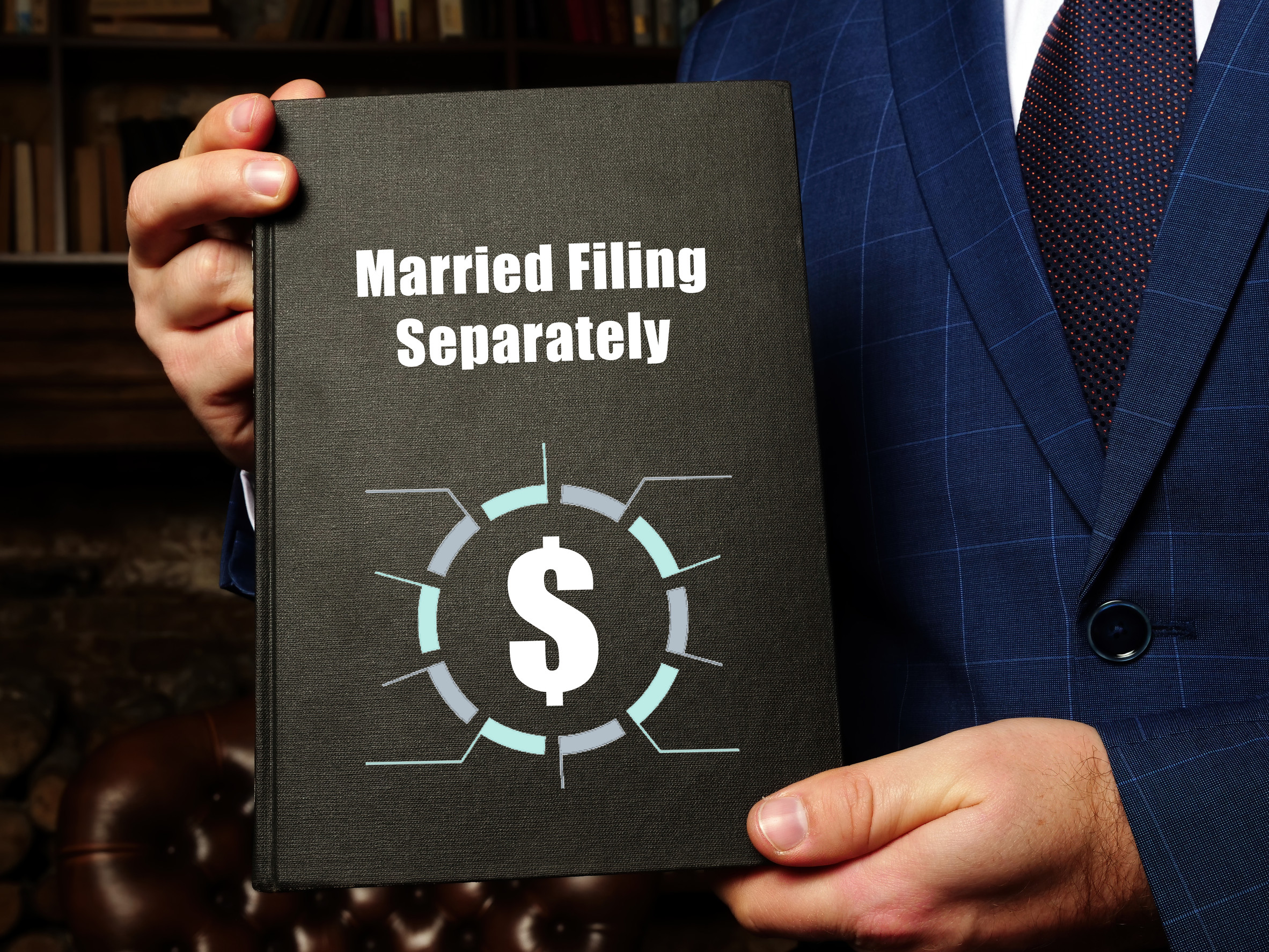
Image Source: pexels.com
Tax season can feel like a pop quiz you never studied for, and sometimes the questions swirling in your head seem too awkward to say out loud. Maybe you’re worried your accountant will judge you, or perhaps you think you should already know the answer. The truth? Everyone has embarrassing tax questions, and asking them is the first step to getting your finances in order. This article tackles ten of the most common—and cringeworthy—tax questions people hesitate to ask, offering clear, practical advice so you can file with confidence. Don’t let embarrassment stand between you and a better tax outcome. Let’s break the silence and get you the answers you need.
1. What Happens If I Forgot to Report Some Income?
It’s more common than you think to forget a side gig or a small freelance payment. If you realize you left out income after filing, don’t panic. The IRS receives copies of most income forms (like W-2s and 1099s), so they’ll likely notice the omission. The best move is to file an amended return as soon as possible. This can help you avoid additional penalties and interest. Remember, honesty is always the best policy when it comes to embarrassing tax questions.
2. Can I Claim My Pet as a Dependent?
As much as we love our furry friends, pets don’t qualify as dependents on your tax return. The IRS only allows you to claim humans—typically children or qualifying relatives—who meet specific criteria. However, if your pet is a service animal or used for business purposes (like a guard dog for your business), some expenses may be deductible.
3. What If I Can’t Pay My Tax Bill?
If you owe more than you can pay, you’re not alone. The IRS offers payment plans and options for individuals who can’t pay in full immediately. Ignoring the bill will only make things worse, so reach out to the IRS or your accountant to discuss installment agreements or an offer in compromise. Addressing this embarrassing tax question head-on can help you avoid unnecessary stress and penalties.
4. Is It Okay to Round Up or Down on My Tax Return?
It’s tempting to round numbers for simplicity, but the IRS expects accuracy. You can round to the nearest dollar, but don’t round up or down to the nearest hundred or thousand. Consistent rounding errors can trigger an audit. Always use exact figures from your tax documents to stay compliant and avoid unnecessary scrutiny.
5. Do I Have to Report Cash Income?
Yes, all income—including cash from tips, side jobs, or selling items online—must be reported. The IRS is clear: if you earned it, you need to report it, even if there’s no official paperwork. Failing to report cash income is a common, embarrassing tax question, but it’s crucial for staying on the right side of the law.
6. Can I Deduct My Home Office If I Only Work from Home Occasionally?
The home office deduction is only available if you use a specific area of your home exclusively and regularly for business. If you occasionally check emails from your kitchen table, you likely don’t qualify. However, if you have a dedicated workspace used solely for business, you may be eligible.
7. What If I Made a Mistake on My Return?
Mistakes happen, and the IRS knows it. If you catch an error after filing, you can file an amended return using Form 1040-X. Correcting mistakes promptly can help you avoid penalties and interest. Don’t let embarrassment keep you from fixing an honest error—accountants see this all the time.
8. Can I Claim My Boyfriend or Girlfriend as a Dependent?
This is one of those embarrassing tax questions that’s more common than you’d think. In some cases, you can claim a significant other as a dependent if they lived with you all year, earned less than the exemption amount, and you provided more than half their support. However, the rules are strict, so be sure to double-check the requirements before claiming this deduction.
9. Will I Get in Trouble for Claiming Too Many Deductions?
Claiming legitimate deductions is your right, but inflating or fabricating deductions is tax fraud. If you’re unsure whether a deduction is allowed, ask your accountant. It’s better to clarify than to risk an audit or penalties. Remember, there’s no such thing as a “stupid” or “embarrassing” tax question when it comes to protecting yourself.
10. What If I Haven’t Filed Taxes in Years?
If you’ve skipped a year—or several—don’t let shame keep you from getting back on track. The IRS offers programs to help individuals catch up, and filing sooner rather than later can help minimize penalties. Many people have been in your shoes, and accountants are there to help, not judge. Addressing this embarrassing tax question now can save you a lot of trouble down the road.
Why Asking Embarrassing Tax Questions Is the Smartest Move
No one expects you to be a tax expert, and even seasoned professionals have questions. The only real mistake is staying silent and letting embarrassment get in the way of your financial health. By asking those embarrassing tax questions, you empower yourself to make better decisions, avoid costly errors, and take control of your money. Remember, your accountant has heard it all before—so speak up and get the answers you need.
Have you ever hesitated to ask your accountant a tax question? Share your story or your own embarrassing tax questions in the comments below!
Read More
Find the Right Amount of Life Insurance in 10 Minutes

Travis Campbell is a digital marketer/developer with over 10 years of experience and a writer for over 6 years. He holds a degree in E-commerce and likes to share life advice he’s learned over the years. Travis loves spending time on the golf course or at the gym when he’s not working.











